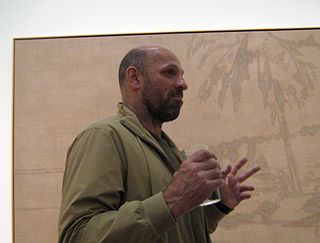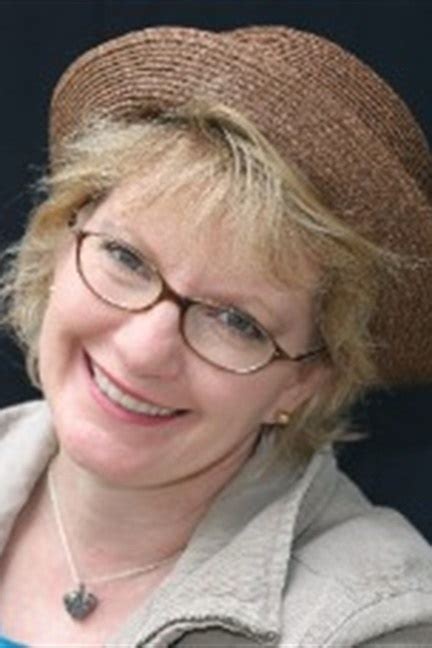A Quote by Malcolm Gladwell
If we think about emotion this way - as outside-in, not inside out - it is possible to understand how some people can have an enormous amount of influence over others. Some of us, after all, are very good at expressiing emotions and feelings, which means that we are far more emotionally contagious than the rest of us.
Related Quotes
Some people say, "Sometimes I have violent thoughts, what can I do?" So I say, "Well, have them!" Cos we should not try to control ourselves. It's very bad to control ourselves in this sense. If you have any emotion at all, if its a bad emotion or good emotion, think about it, you should just understand that you have those emotions. And it's good because we are people and we have all these emotions. And the result of that is you would become more and more peaceful. If you don't let those emotions be inside of you then you become extremely violent.
Some people think elections are a game: who's up or who's down. It's about our country. It's about our kids' future. It's about all of us together. Some of us put ourselves out there and do this against some difficult odds. We do it, each one of us, against difficult odds. We do it because we care about our country. Some of us are right, and some of us are not. Some of us are ready, and some of us are not. Some of us know what we will do on day one, and some of us haven't thought that through.
This for many people is what is most offensive about hunting—to some, disgusting: that it encourages, or allows, us not only to kill but to take a certain pleasure in killing. It's not as though the rest of us don't countenance the killing of tens of millions of animals every year. Yet for some reason we feel more comfortable with the mechanical killing practiced, out of view and without emotion by industrial agriculture.
Lawyers have a way of seeing that sets them apart from the rest of us. In some way this special vision makes them invaluable, and in other ways, repulsive. Lawyers are much more focused on rational, logical, and objective criteria to the exclusion of the emotional, subjective, and sometimes irrational reponses to the world. Moreover, lawyers like to show no emotion, and possess a particular disdain for the emotions that are found in others, which has the quality of making them seem inhuman.
The pretention that some of us are better than others, I don't think is a very good thing. And who is contributing what to our progress in science is not so obvious and many who don't get that Nobel Prize are better than people... than some of us that do get the Nobel Prize. I think we should not be interested in prizes, we should be interested in learning about nature.
Emotions are far more contagious than any disease. A smile or a panic will spread through a group of people far faster than any virus ever could. When you walk into the office or a negotiation, then, wash your bad mood away before you see us. Don't cough on us, don't sneeze on us, sure, but don't bring your grouchiness, your skepticism or your fear in here either. It might spread.
A home isn't just a roof over our heads. A home is a place where we feel loved and where we love others. It's a place we belong. Love is what makes a home, not the contents inside the house or the number on the door. It's the people waiting for us across the threshold, the people who will take us in their arms after a ad day and kiss us good night and good morning everyday for the rest of our lives.
After readinf some essay on the nature of human fallibility, I was very aware that we are the recipients of a huge amount of discovery over the last century. Medicine exemplifies this. And that has transitioned us from a world in which people's lives were mostly governed by ignorance to one that's constrained by ineptitude. A century ago, we didn't know, for instance, what diseases afflicted us, what their nature really was, or what to do about them. And that has changed.
The problem I want to talk to you about tonight is the problem of belief. What does it mean to believe? We use this word all the time, and I think behind it lurk some really extraordinary taboos and confusions. What I want to argue tonight is that how we talk about belief- how we fail to criticize or criticize the beliefs of others, has more importance to us personally, more consequence to us personally and to civilization than perhaps anything else that is in our power to influence.



































